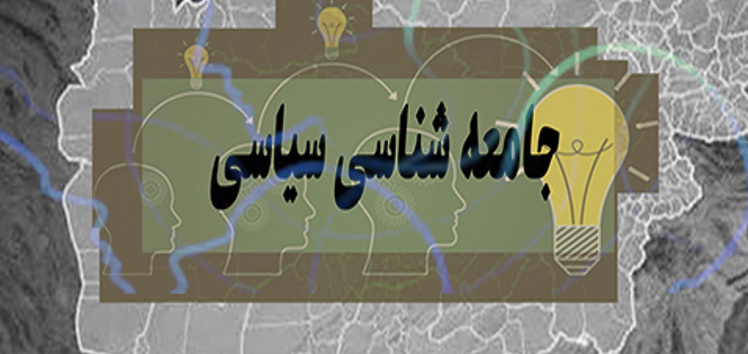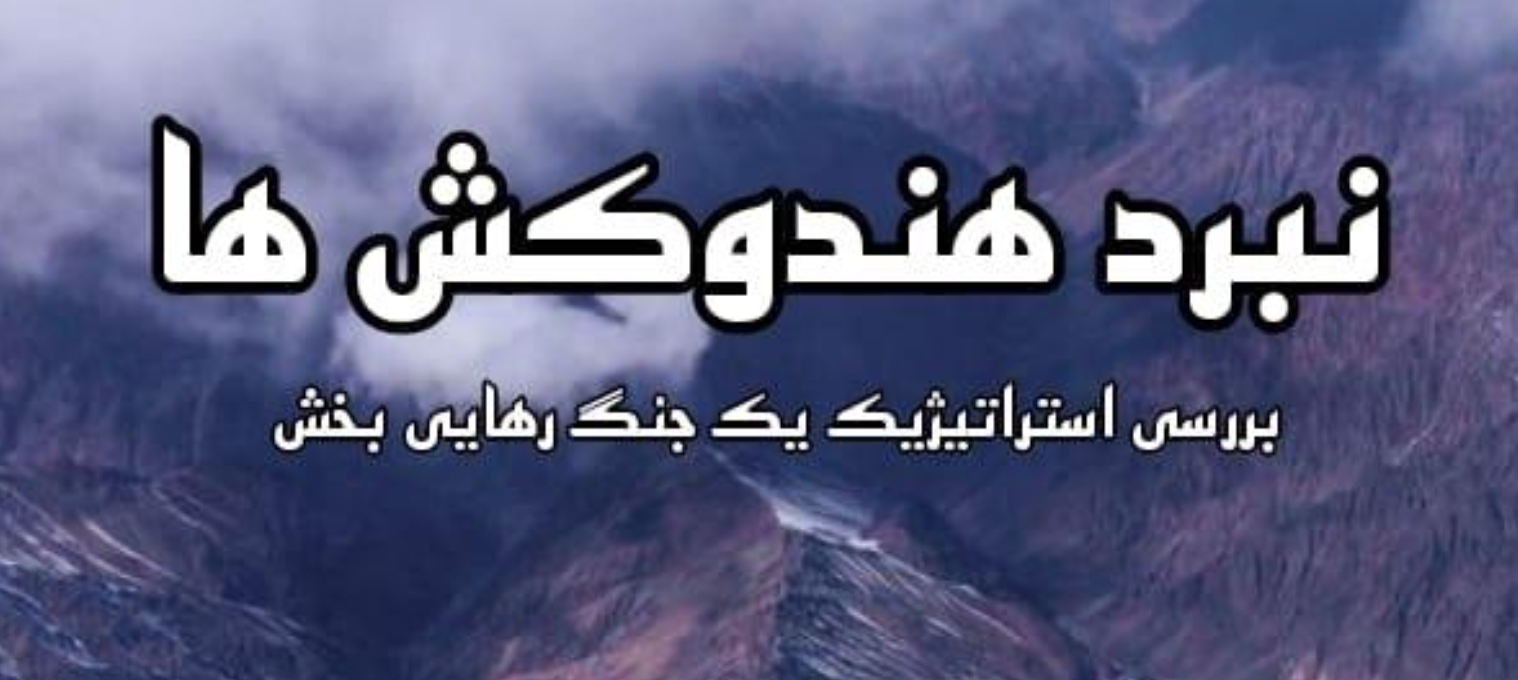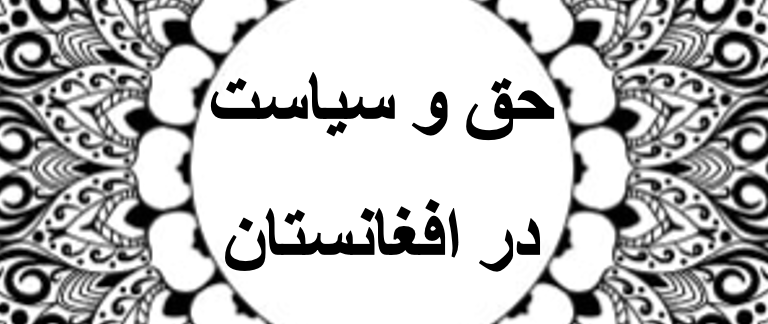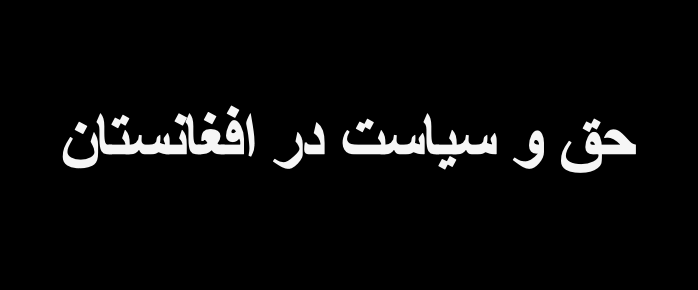گل احمد محمدی

What is integrity watch?
Integrity Watch is an Afghan civil society organization committed to increase transparency, accountability, and integrity in Afghanistan. Integrity Watch was created in October 2005 and established itself as an independent civil society organization in 2006. It has approximately 95 staff members. The head office of Integrity Watch is in Kabul with provincial programmatic outreach in Balkh, Bamyan, Herat, Kabul, Kapisa, Kunduz, Nangarhar, Paktia, and Parwan provinces of Afghanistan.
Over the last one decade, Integrity Watch’s work has focused on three major components: (1) Community Monitoring, (2) Research, and (3) Advocacy.
Ever since its establishment, Integrity Watch has tried to encourage active citizenship and community mobilization through its programs. Our community monitoring work has included development of community monitoring tools, mobilizing and training communities to monitor infrastructure projects, public services, courts, and extractives industries. So far, more than 1000 construction projects, more than 3000 open trials, 150 schools, and around 9 different mines have been monitored by more than 450 Local monitors.
Research work has focused on policy-oriented research measuring trends, perceptions and experiences of corruption and covering wide range of corruption related issues including security and justice sectors, extractive industries, budget and public finance management, and aid effectiveness. The objective is to develop new, ground-breaking empirical research in order to set the agenda, influence decision-makers, and bring to the public attention non-documented and non-explored issues. So far, we have published 42 research reports and 10 policy briefs on the mentioned topics reaching out to millions of people through media and thousands of People directly receiving our reports.
The aim of our advocacy work has been to enhance Integrity Watch’s pioneering role in advocating for knowledge-based decision-making and informed public debate on corruption and integrity issues. Our advocacy work includes facilitation of policy dialogue on issues related to integrity, transparency, and accountability. We have engaged in policy advocacy for issues that communities experience on day-to-day basis while trying to hold the government and service providers accountable. Such issues has included access to information, budget transparency and accountability, aid transparency and effectiveness, effective public services, and other issues related to anti-corruption.
Overall, Integrity Watch has proven itself throughout the years as the lead anti-corruption organization both at local and at national level. In addition, Integrity Watch has also earned international recognition and has contributed to the global fight against corruption through knowledge sharing and joining coalitions working on global integrity and anti-corruption agendas.
Our work
Integrity Watch’s work has three major components: (1) Community Monitoring, (2) Research, and (3) Advocacy.
Integrity Watch tries to encourage active citizenship and community mobilization through its programs. Our community monitoring work includes development of community monitoring tools, mobilizing and training communities to monitor infrastructure projects, public services, courts, and extractives industries. More on community monitoring, CBM-I, CBM-T, CBM-S and CBM-E.
Our research work is focused on policy-oriented research measuring trends, perceptions and experiences of corruption and covering wide range of corruption related issues including security and justice sectors, extractive industries, budget and public finance management, and aid effectiveness. The objective is to develop new, ground-breaking empirical research in order to set the agenda, influence decision-makers, and bring to the public attention non-documented and non-explored issues.
The aim of our advocacy work is to enhance Integrity Watch’s pioneering role in advocating for knowledgeable decision-making and informed public debate on corruption and integrity. Our advocacy work includes facilitation of policy dialogue on issues related to integrity, transparency, and accountability. We advocate for access to information; budget transparency, accountability, and participation; aid transparency and effectiveness; effective public services; and other issues related to anti-corruption. More on advocacy.
Gull Ahmad Mohammadi
Herat/Afghanistan
4/April/2018
پر بیننده ترین مقالات
-
سلطان رضیه غوری
-
آب و هوای ولایت غور
-
سرگذشت سیاه موی و جلالی
-
اصطـــلاحــــات و واژه های شیرین لهجـهً غوری
-
شهر فیروز کوه مشهور ترین پایتخت سلاطین بزرگ غوری
-
بیوگرافی شهید محمد رفیق علم
-
ولسوالی های ولایت غور
-
زندگی نامه مختصر مرحوم سید محمد رفیق نادم رئیس بنیاد فرهنگی جهانداران غوری حوزه غرب
-
نثار احمد حبیبی غـوری کیست؟
-
Muhammad of Ghor
مجلات و کتب
جام غور در شبکه های اجتماعی
گزارشات و مصاحبه ها
-
قاری رحمت الله بنیان گزار گروه داعش و سرکرده گروه طالبان ولایت غورطی یک عملیات نیروهای امنیتی افغان در ولایت فاریاب کشته شد
-
کارگاه سه روزه آموزش حقوق بشر و حقوق بشردوستانه برای نیروهای امنیتی و دفاعی در ولایت غور
-
گرامیداشت شانزدهمین سالروز تأسیس کمیسیون مستقل حقوق بشر افغانستان در ولایت غور
-
امضاء تفاهمنامه نشر برنامه های حقوق بشری با چهار رادیو در ولایت غور












What is Integrity Watch? دیده بان شفافیت چیست؟